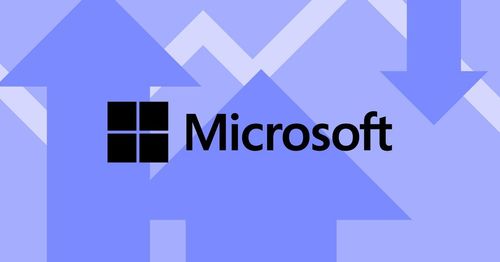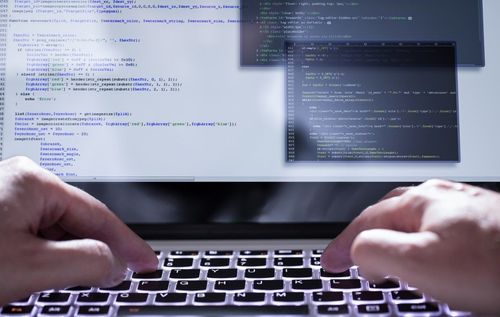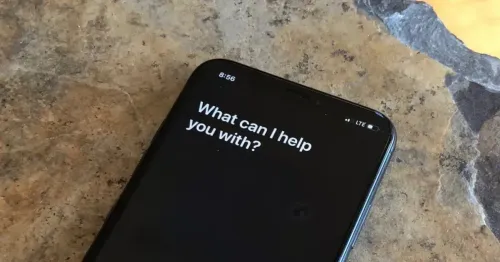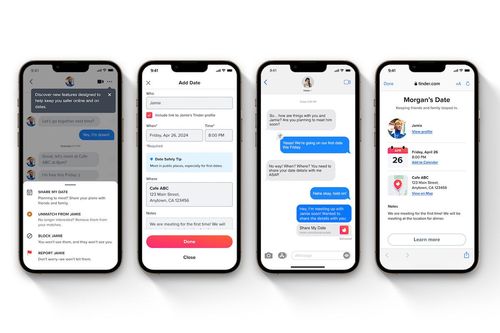ChatGPT is now accessible without an account, but there's a catch
OpenAI is expanding the accessibility of its leading conversational AI, ChatGPT, to include those who have not registered for an account. This initiative allows for immediate interaction with ChatGPT without the necessity of logging in, though it offers a slightly different user experience. Notably, interactions from these sessions will be included in OpenAI's training dataset unless users explicitly opt out.
Beginning today in select markets, and progressively being made available globally, visiting chat.openai.com no longer requires user login. However, the option to log in remains for those who prefer a personalized experience. This approach enables users to engage in conversations with ChatGPT, leveraging the same model that registered users access.
While the ability to converse with ChatGPT is unrestricted, guests will encounter limitations compared to registered users. Functions such as saving or sharing chats, utilizing custom instructions, and other features necessitating account linkage are not available to guests.
Despite these limitations, users retain the ability to opt out of their chats contributing to model training. This option is accessible by clicking on the small question mark located in the bottom right-hand corner, selecting "settings," and then disabling the feature. OpenAI provides a visual guide for this process at the following gif:

Additionally, the non-account version of ChatGPT enforces "slightly more restrictive content policies." Upon inquiry about the specifics of these policies, a spokesperson provided a general statement, highlighting the integration of existing safety measures and the introduction of new safeguards tailored for the non-account experience. These measures aim to preclude the generation of harmful content and address other potentially inappropriate material. The rationale behind these enhanced policies stems from an evaluation of possible misuse scenarios, informed by the capabilities of GPT-3.5 and comprehensive risk assessments.
Despite the lack of detailed policy information, OpenAI anticipates feedback as it navigates the potential challenges associated with this broader accessibility. The spokesperson acknowledged the likelihood of needing further adjustments to address misuse and abuse, emphasizing a commitment to evolve the platform responsibly.
OpenAI also contemplates the potential for exploitation of this unrestricted access, particularly considering the costs associated with AI inference. The organization asserts that it has developed strategies to detect and prevent misuse, involving specialized teams in the process to ensure the platform remains secure and effective.
The specific regions or groups that will first gain access to this unrestricted ChatGPT version are not disclosed, but with the rollout commencing today, interested users are encouraged to stay informed about their eligibility.
 Why Meta is looking to the fediverse as the future for social media
Why Meta is looking to the fediverse as the future for social media Microsoft’s Surface and Xbox hardware revenues take a big hit in Q3
Microsoft’s Surface and Xbox hardware revenues take a big hit in Q3 Augment, a competitor of GitHub Copilot and backed by Eric Schmidt, emerges from stealth mode with a launch of $252 million
Augment, a competitor of GitHub Copilot and backed by Eric Schmidt, emerges from stealth mode with a launch of $252 million IBM advances further into hybrid cloud management with its $6.4 billion acquisition of HashiCorp
IBM advances further into hybrid cloud management with its $6.4 billion acquisition of HashiCorp Perplexity is raising over $250 million at a valuation of between $2.5 billion and $3 billion for its AI search platform, according to sources.
Perplexity is raising over $250 million at a valuation of between $2.5 billion and $3 billion for its AI search platform, according to sources. Apple announces May 7 event for new iPads
Apple announces May 7 event for new iPads Gurman: iOS 18 AI features to be powered by entirely On-Device LLM, offering privacy and speed benefits
Gurman: iOS 18 AI features to be powered by entirely On-Device LLM, offering privacy and speed benefits Meta aims to become the Microsoft of headsets
Meta aims to become the Microsoft of headsets Tinder introduces a 'Share My Date' feature allowing users to share their date plans with interested friends
Tinder introduces a 'Share My Date' feature allowing users to share their date plans with interested friends This is Tesla's effective solution for the recalled Cybertruck accelerator pedals
This is Tesla's effective solution for the recalled Cybertruck accelerator pedals
